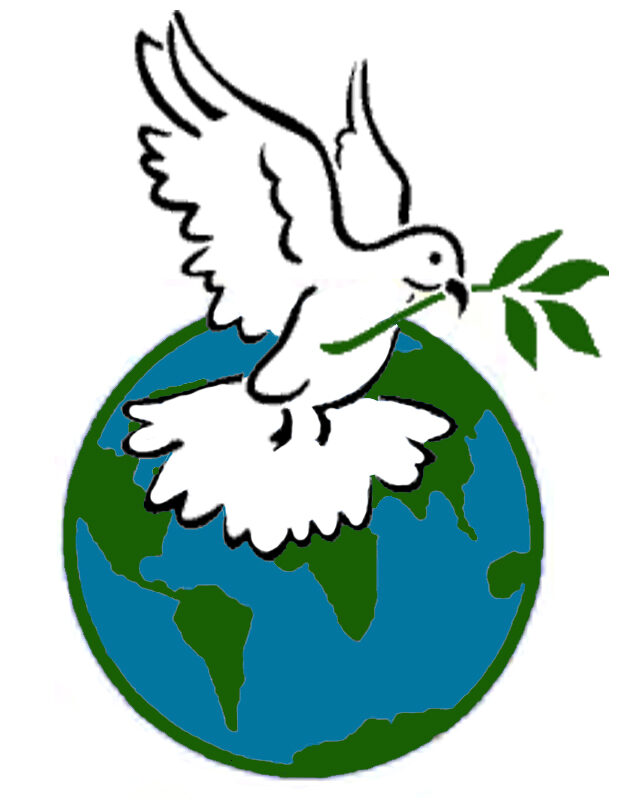On 5th October, a feature article in the New York Times by Seth Mydans quoted the editor of Groznensky Rabochy, an independent weekly newspaper: “Unemployment stands at 85 percent… Chechnya subsists on huge subsidies from Moscow that are not publicly accounted for”. UNDP found 80% unemployment in 2008 and official local government statistics put it at 45% in 2011.
The article reports that Chechnya “has been brought to heel by Mr. Kadyrov’s strongman rule but its peaceful streets thrum with suppressed violence”. The article goes on to quote Taisa Isayeva, 40, a former journalist who now reports on human rights abuses: “No matter how much the city is remodeled, however, the trauma of the war continues to torment its residents. You are judging by all this beautiful architecture but not by the psychology of the people”.
Little Star’s psychologists are witnessing increased fear and anxiety in the republic as the government introduces and enforces ever more conservative and restrictive rules for the population. People feel defenceless in the face of impunity enjoyed by the government and security services. The mental health of Chechnya’s population continues to suffer, particularly as many people are already in a state of stress following 17 years of wars and instability. The children and young people who Little Star psychologists work with are also affected by these negative trends and their effects on their parents, teachers and relatives.
Little Star psychologists formed 22 groups of children and young people at the beginning of September at the eleven Little Star centres. They conducted psychosocial assistance workshops with these children until the end of October when new groups were formed. Any child needing to attend for more than the normal 6-8 week cycle is invited back into the next group. Around 400 children are assisted during each cycle, repeated six times during the year.
Since September the Little Star centres in Grozny have worked closely with social welfare officers working at each of the eleven schools to ensure that the most socially deprived children were given the opportunity to attend Little Star workshops. School directors and teachers maintain that these children have the most difficulties with their school work and are the most disruptive in lessons.
The lists of children attending Little Star points were largely made up of such socially deprived children during the September and October intakes at Little Star, as well as children with physical disabilities. The director of school No. 106 in Grozny was particularly happy about this, stating that “there is very little attention given to such children by any of the official state structures in Chechnya. I am very happy to see your care and attention to these children”.
In October Little Star psychologists Birlant Mudaeva and Rashan Shamkhalova conducted a one-day seminar with students of the Grozny Oil Institute. 32 students attended, from the faculty of Architecture. The themes of the seminar were “Increasing self-awareness, group cohesion and the development of imagination”.
Aishat Zubairaeva reports on her work with a boy at her centre in Michurina village: Sail-Selim is the only healthy child of physically handicapped parents. He is 13 years old, after school he works on a building site to help his parents financially. After work he does everything he can around the house (carries the water in, washes the floors, dishes, tidies the house etc.).
He is now in his third cycle at Little Star. When he first attended my Little Star point he was very shy about his domestic life. Now he is attending my Little Star group for the third time and is able to talk freely about how he helps his parents. All the other children listen to him respectfully. I have tried to develop his pride about working hard for the love of his parents and sisters, without thinking of himself.
Previously his class-mates went to play football without him but these days when he’s not working on the building site his friends help him with his house work. Together they finish it more quickly so they have time to go and play. I conducted sessions with Sail-Selim’s group on reducing aggression and stress. We worked with the book “Power of Goodness”, with the story “Christmas Morning” and others.
Aslan Alihajiev, Little Star psychologist working at School No.106 in Grozny, stated end of October “the children in the new groups are now attending the workshops joyfully and openly. It is still too early to talk about therapeutic achievements at this early stage in the cycle, but the children are enjoying themselves and all is going to plan – this means that something good will inevitably come out of it”.
Aslan has already encountered issues in his current groups such as nightmares, sleep walking and fear of doctors, which can hinder and sometimes prevent the children from receiving the necessary medical assistance. Aslan plans to work with the current group for at least one cycle and will soon begin a programme of individual counselling sessions.
Medina Khasanova works at School No. 54 in Grozny and has been using play- and art-therapy to assist the children in her two new groups to get to know each other and build trust and openness. In her groups there are children with low self esteem, hyper-activeness and children who are under-achievers at school. She has started addressing these issues both through the group sessions and individual counselling sessions.
